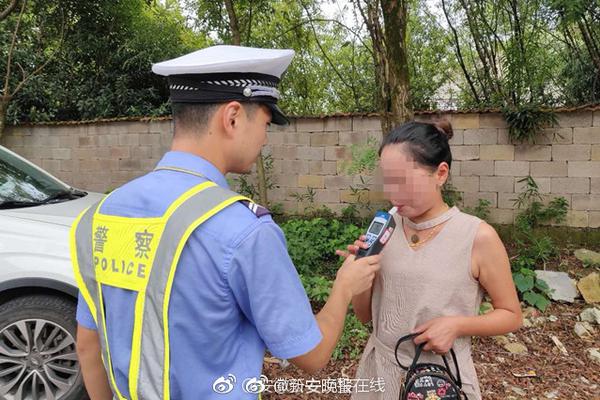【chubby milf amateur sex video】Book Focuses on Turbulent History of Sakhalin Island
“Sakhalin – The chubby milf amateur sex videoIsland of Unspoken Struggles” by Kristine Ohkubo, with foreword by Tatsuya Sudo, has just been released.
 Sakhalin Island, or Karafuto as it is known in Japan, changed hands a number of times since the 13thcentury. Each change had a far-reaching impact not only on the native peoples but also on the thousands of immigrants who settled there, either willingly or by force.
Sakhalin Island, or Karafuto as it is known in Japan, changed hands a number of times since the 13thcentury. Each change had a far-reaching impact not only on the native peoples but also on the thousands of immigrants who settled there, either willingly or by force.
For over a century, two major powers, the Soviet Union and Japan, endeavored to bring Sakhalin into their own sphere of influence. This long-standing dispute between the two countries came to an abrupt end when the Soviets crossed the 50th parallel and invaded Japanese-controlled Karafuto just days after the U.S. dropped an atomic bomb on Nagasaki. The ferocity of the Soviet forces resulted in the deaths of 3,700 innocent civilians, some of whom were as young as one year of age.
While the Japanese acts of brutality towards civilians and Allied POWs have been well documented in the West, the actions of the Soviet forces in Karafuto are seldom brought to the forefront of discussion and face the risk of being forgotten. How many people, even among those who currently call Sakhalin home, know that Karafuto was the last victim of the Pacific War?

Ohkubo is an avid traveler, blogger, and Japanophile. She developed a deep love and appreciation of Japanese culture, people, and history early in life. Her travels in Japan have enabled her to gain insight into this fascinating culture, which she shares through her work.?
Her first book, “A Blogger’s Guide to Japan,” was published in 2016. In 2017, she released “The Sun Will Rise Again,” a historical study of the Pacific War written from the perspective of the Japanese people, both those who were living in Japan and in the United States, when the war broke out.
2019 proved to be a prolific year, and she supplemented her earlier releases with two more publications. The first of these, “Asia’s Masonic Reformation,” examines the influences of Western culture and Freemasonry on the Westernization and subsequent modernization of China and Japan. The second, “Nickname Flower of Evil: The Abe Sada Story,” tells the story of an infamous 20th-century geisha, who was both a victim and an aggressor, struggling amidst a strict patriarchal culture and a rapidly changing social system.?
As an author, Ohkubo believes that writing from other cultural perspectives encourages empathy and understanding, and at the same time it broadens our knowledge of the events that have unfolded over the years.? She encourages her readers to let their curiosity and hunger for knowledge be boundless as she invites them to explore her work.
On the Web: https://kristineohkubo.wixsite.com/nonfiction-author/






Related Articles